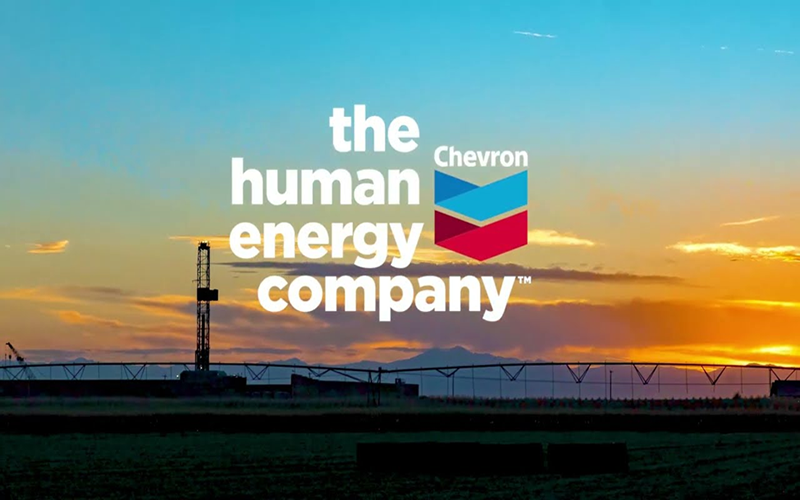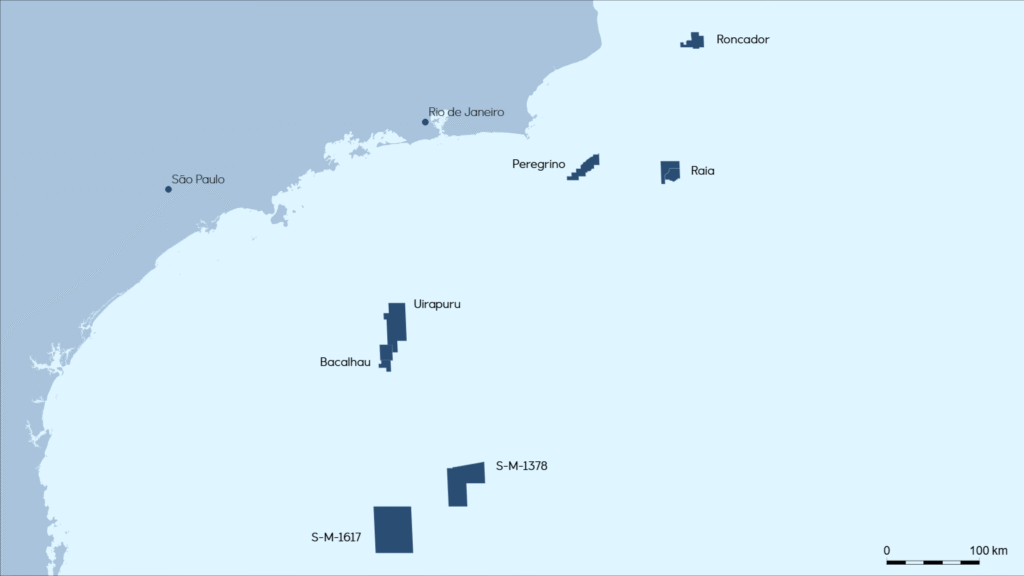
General Electric has announced its plans to completely divest from oil services giant Baker Hughes by selling its remaining 377 million shares over three years. At current prices, the 37% stake is worth $5.5 billion — down significantly in the past year as shares in both companies have slumped nearly 40% ytd according to information made available by forbes.
With the oil industry in depression, Baker’s second quarter revenue was down 21% over last year, with a loss of 31 cents per share. G.E. meanwhile reported today a loss of 15 cents, with revenue down 38% to $17.8 billion.
It’s been a complicated three-year marriage. When General Electric in 2017 merged its oil and gas services business into Baker Hughes and paid Baker shareholders $7.4 billion cash for the opportunity, the idea was for G.E. to rid itself of an underperforming business while building up Baker into a worthy competitor to Schlumberger and Halliburton .
After the deal, G.E. owned 63% of the repositioned operation, vs 37% by former Baker shareholders.
Almost immediately, G.E. (trapped under a mountain of debt) began looking for ways to get its money out. In 2018 G.E. sold a $4 billion stake (at a $2.2 billion loss), followed by a $3 billion sale in 2019 (which triggered a hefty $7 billion accounting charge for the already reeling G.E.). The company says it is carrying that remaining $5.5 billion stake at a $3.8 billion loss.
According to Marc Bianchi, analyst at Cowen & Co. , G.E.’s 3-year sales plan will equate to about 7% of average daily value in BKR shares. “While the announcement provides a long-awaited resolution to the G.E. overhang, it could be a disappointment BKR investors hoping for a more rapid unwind.” G.E. will work with an unnamed Wall Street shop to market the shares. Bianchi, in a research note this morning broke down the math: with 750 trading days over three years, G.E. will be jettisoning a half-million shares per day. That’s about $8 million per day at BKR’s current price of $15.28. And that perennial selling pressure could weigh on Baker’s share price in the short run. The stock is down 3.75% so far today.
G.E. says it will use the proceeds to pay down its total consolidated debt of $81.9 billion. At a current $6.61, G.E. shares are off 52-week lows, trading at levels last seen in 1991.
Institutional investors have criticized the deal since the beginning, with a pending case in Delaware Chancery Court arguing that G.E. tricked Baker Hughes into the deal with false financial projections. They companies have urged the case to be dismissed.

























